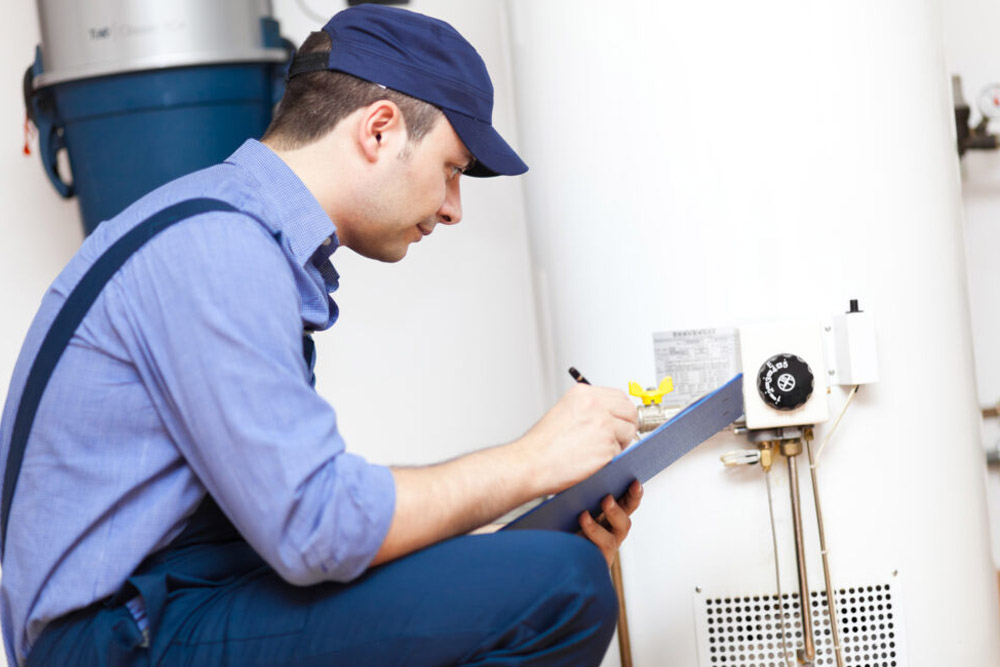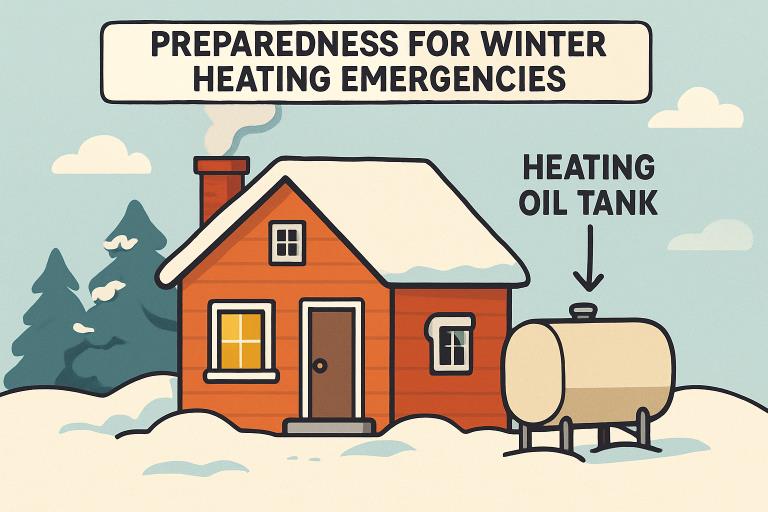Now Reading: Easy Maintenance Tips to Extend the Life of Your Water Heater
-
01
Easy Maintenance Tips to Extend the Life of Your Water Heater
Easy Maintenance Tips to Extend the Life of Your Water Heater

Your water heater is one of the most important systems in your home, providing the hot water you need for bathing, washing dishes, and doing laundry. Yet, many homeowners don’t think about their water heater until it stops working. The good news is that a few simple maintenance habits can significantly extend your unit’s lifespan and help you avoid unexpected breakdowns. Whether you’re aiming to prevent problems or are already looking for water heater repair, these tips will help you get the most out of your system.
Flush the Tank Annually
Over time, sediment from minerals in the water can collect at the bottom of your water heater tank. This buildup reduces heating efficiency and can lead to strange noises, uneven heating, or even damage to the tank lining.
Flush the tank yearly to remove sediment and keep your system running smoothly. Here’s how:
- Turn off the power or gas supply.
- Attach a hose to the drain valve.
- Let the water flow out until it runs clear.
- Refill the tank and restore power.
If you’re unsure about this process, a professional offering water heater repair can perform the service quickly and safely.
Test the Pressure Relief Valve
The temperature and pressure relief (T&P) valve is a critical safety feature of your water heater. It helps release pressure if the tank becomes too hot or builds up too much pressure.
To test it:
- Locate the valve near the top or side of the tank.
- Lift the lever slightly and let it snap back.
- You should hear a rush of water into the discharge tube.
If no water comes out or it continues to drip, the valve may need replacing. Have a professional inspect a faulty relief valve to ensure your system remains safe.
Adjust the Thermostat for Efficiency
Most water heaters default to 140°F. Lowering it to 120°F can cut energy use and slow mineral buildup. This temperature is still hot enough for daily needs, prevents scalding, and boosts efficiency. In warmer months, reducing the temperature further eases the system’s workload. This small change offers significant long-term benefits.
Insulate the Tank and Pipes
Heat loss can occur through the tank and pipes, especially if your water heater is located in a garage, basement, or cold utility room. Adding insulation helps the system retain heat, allowing it to work less and last longer.
- Use an insulating blanket designed for water heaters (be sure to avoid covering the thermostat or burner).
- Insulate the first few feet of hot and cold water pipes leading from the heater.
This upgrade improves efficiency, extends lifespan, and reduces repairs.
Check for Leaks and Rust
Routine visual inspections can catch small problems before they become serious. Look for:
- Water pooling around the base of the heater
- Rust or corrosion on the tank or pipes
- Moisture or staining on nearby walls
Address leaks immediately to prevent mold, water damage, or system failure. Even small drips can cause big problems. Catching issues early often allows local water heater repair experts to fix them without a full replacement.
Schedule Annual Professional Maintenance
Even if your system seems to be working fine, it’s smart to have a professional inspect it annually. A qualified technician can check the anode rod, sediment levels, thermostat settings, and overall performance. This yearly checkup can identify wear and tear early, keep the system efficient, and ensure safety components are functioning correctly. For homes, having a reliable water heater repair in Layton expert on call can make all the difference when it comes to avoiding expensive emergencies.
Keep an Eye on System Age
Water heaters don’t last forever. Most tank-style systems last 8–12 years, while tankless models can last up to 20 years with proper care. If your water heater is approaching its lifespan, even good maintenance might not be enough to prevent issues. Keep track of the installation date and start planning for an upgrade before a failure occurs. Knowing when your unit was installed allows you to time repairs and replacements more efficiently.
Conclusion
Maintaining your water heater doesn’t require much time, but the payoff is significant. With just a few regular tasks—like flushing the tank, testing the valve, and checking for leaks—you can improve efficiency, extend the life of the unit, and prevent unexpected problems. If you’re ever in doubt, contacting professionals for water heater repair ensures your system is working safely and effectively. With the right approach, your water heater will continue serving your home for years to come.





















